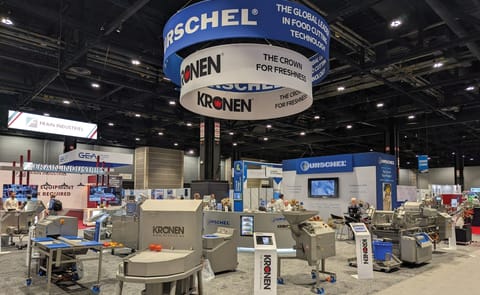Amino acids may extend sweet potato starch's gelling possibilities
Amino acids may extend sweet potato starch's gelling possibilities

As interest in potato starch increases due to clean label pressures, US scientists report that the gelling and paste-forming properties of starch from sweet potatoes can be controlled by using amino acids.
The nature of the amino acid was found to strongly influence the resulting properties of the amino acid, and perhaps allowing for tailored starches for different food applications, suggests the research in the Journal of Food Science.
Both lysine, a positively-charged amino acid, and lysine, aspartic acid, a negatively charged amino acid, decreased the viscosity of starch paste made from orange-fleshed sweet potatoes
Both lysine, a positively-charged amino acid, and lysine, aspartic acid, a negatively charged amino acid, decreased the viscosity of starch paste made from orange-fleshed sweet potatoes
Like to receive news like this by email? Join and Subscribe!
Get the latest potato industry news straight to your WhatsApp. Join the PotatoPro WhatsApp Community!
Sponsored Content
Sponsored Content
Sponsored Content
Sponsored Content










